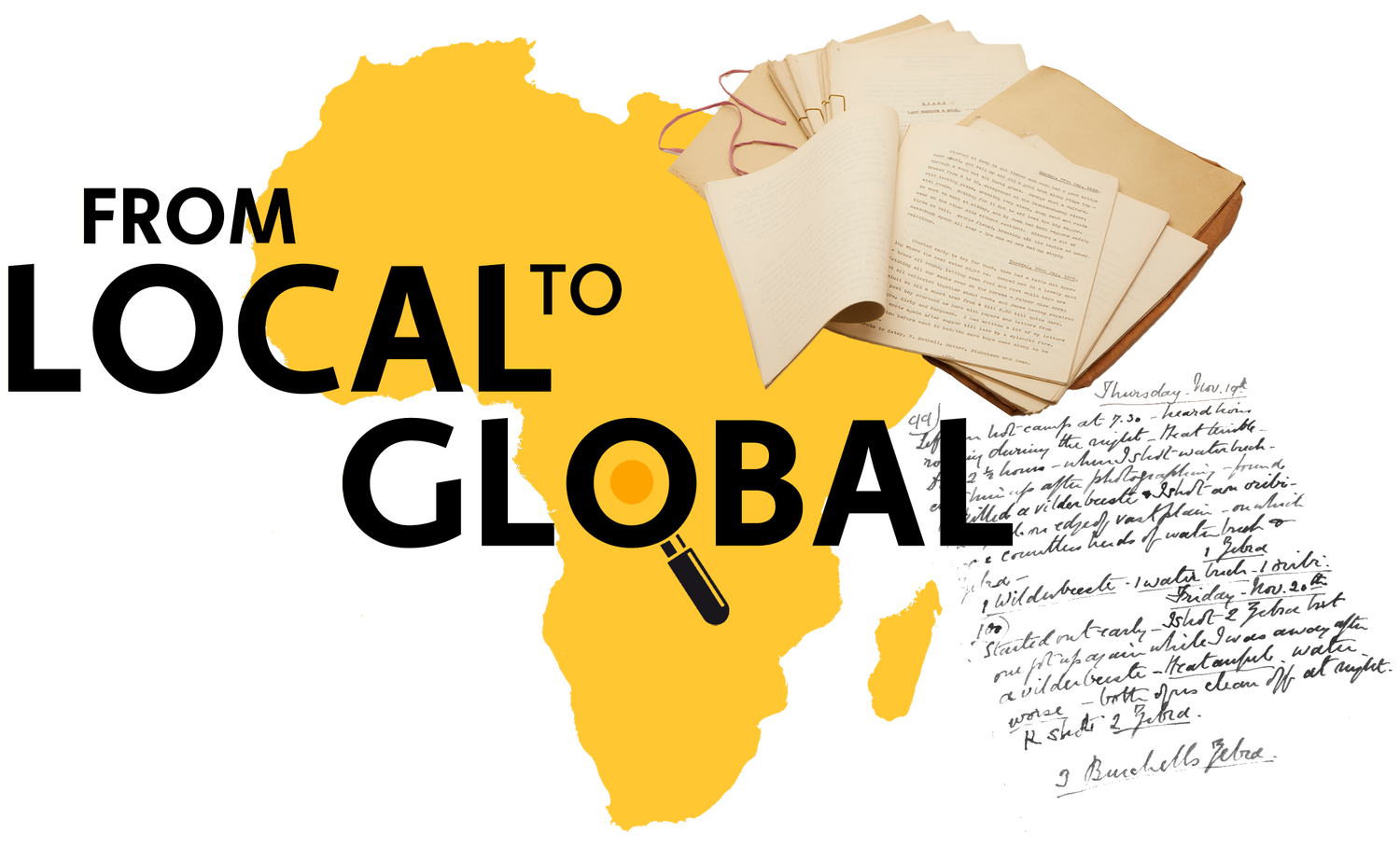
From slavery to illegal debts
By Pascal Mirindi and Anaïs Carton
Despite the fact that my country, the DRC, enjoys substantial natural mineral resources (cobalt, copper, etc.), more than 75% of the Congolese people currently live on less than US$1.50 a day. Largely dependent on the income it generates from its raw materials, the DRC is still considered by the World Bank to be a low-income country. Indeed, almost 15 years on from benefitting from the launch of the "heavily indebted poor countries" initiative, the DRC's external public debt has certainly fallen, but the country still remains dependent on external "aid" which is conditional on the implementation of structural adaptation policies.
Thus, in the context of the Covid-19 pandemic, the DRC was obliged to resort to the emergency measures of the G20 and the International Monetary Fund (IMF), although the impact of this aid was minimal. The President of the DRC, Félix Tshisekedi, then called for the cancellation of the Congolese debt, during the general debate of the United Nations General Assembly on 22 September 2020.
From the Harrison Collection © Scarborough Museum and Galleries
The fact that the country is so vulnerable today is due to the impact of colonisation and an illegitimate debt (contracted by the public authorities in order to favour the interests of a privileged minority) that is unsustainable for the Congolese population. Nearly 40 years after the 1982 Third World debt crisis, the DRC is still not free from the political and economic conditions imposed by international donors, in particular the World Bank and the IMF.
As an outcome of the 'Round Table' agreements[1] the Belgian authorities set up a Belgian-Congolese development companý, from which the voice of the DRC was excluded, to organise the succession and management of the economic heritage resulting from colonisation. This was known as the 'Congolese portfolio'. This portfolio should logically have reverted to the new Republic, in which case the latter would have become one of the main shareholders of large companies that had been making profits for the colonial government. The stakes were so high for the Belgian authorities that they decided to dissolve these companies before transferring the portfolio, stripped of its remaining assets, to the Congolese authorities.
From the Harrison Collection © Scarborough Museum and Galleries
A final concern that emerged from the economic 'Round Table' was the issue of the management of three large charter companies: the Comité National du Kiv; the Railway Company; and the Mining Union of Haut-Katanga, which had been created by the 'Comité Spécial du Katanga' ( Special Committee of Katanga). These companies had received, from the "former Belgian Congo" which was the main shareholder, sections of land on which they had the right to grant mining concessions. The companies were dissolved by Belgium shortly before independence in order to prevent the newly independent Congo from automatically taking them over. Consequently large Belgian trusts retained control over these companies, undermining the sovereignty of the new state and its future fiscal revenues.
The colonial debt to the World Bank, incurred by Belgium and then bequeathed to the DRC in 1965, is an illegal debt (as transfer of colonial debt is prohibited by several international treaties) and it is illegitimate (as it served the interests of the colonial power). From the first months of independence, the DRC continued to pay the interest on the debt, since Belgium continued to manage the Congolese assets, and at that point there was no treaty in place on this issue. It was only in 1962 that the World Bank drew up an inventory of these assets. In March 1964, a formal protocol opened negotiations for the settlement of public debt issues and another protocol established the statutes of the 'Belgian-Congolese Debt Amortisation and Management Fund'. Both protocols were signed in February 1965.
The agreement on the debt classifies it into several categories:
Stamp of Belgian Congo 1942
-One part is borne by Belgium (repayment of the colonial debt 'guaranteed' by the Belgian state and issued on the 'external' markets for an amount of 11 billion frances);
-Another part is payable by the Congo (the former 'internal' colonial debt, i.e. securities issued on the Congolese market) for an amount of 23 billion francs;
-A third part of the so-called 'external' debt not guaranteed by the Belgian state was repaid by a public body specially created for this purpose, the 'Fonds Belgo-Congolais d'Amortissement et de Gestion' (Fobelco), for 12 billion francs.
The Congo was thus burdened with debts contracted during the colonial era, which served the interests of the colonial power, whereas these debts, resulting from colonisation, are null and void under international public law. The Treaty of Versailles of 1919 stipulates in its Article 255 that Poland is exempt from paying "the part of the debt which the Reparations Commission will attribute to the measures taken by the German and Prussian governments in the German colonisation of Poland".
About the authors
Pascal Mirindi - is a 23 year old student, who has been an activist within Extinction Rebellion, University of Goma, for the past two years.
Anaïs Carton - works for Third World Documentation and Animation Centre (CDATM)
Reference
[1] The Round Table Agreement took place in the Palais des Congrès, Brussels, between 20 January and 20 February 1960 with a view to establish resoluations on the Belgian Congo reforms as the country moved towards independence.
